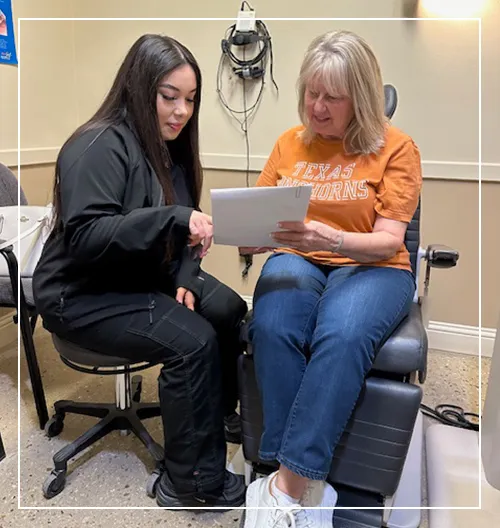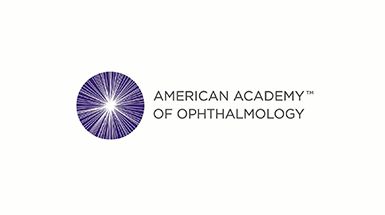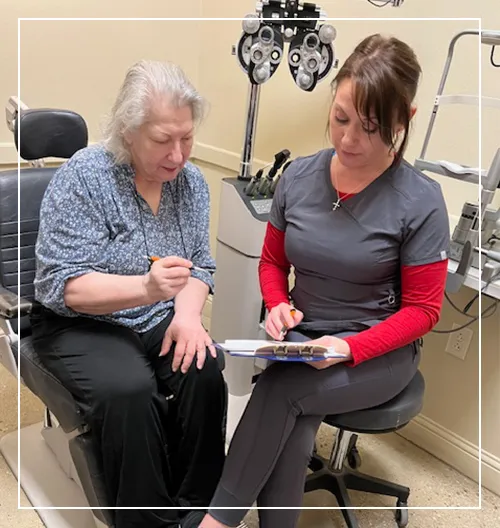Cataract Surgery


Cataract Surgery
Restoring Clarity to Your Vision
When cloudy vision and light sensitivity start affecting your daily activities, it’s time to consider cataract surgery with Nicki Sayani, MD, and the team at North Texas Center for Sight in Denton, Texas. Cataract surgery improves your eyesight, making it possible to resume night driving and other daily activities affected by poor eyesight. Don’t suffer from declining vision, call the practice or schedule an appointment online to find out if cataract surgery is right for you.
What is Cataract Surgery?
-
Premium IOLs
If you need improved distance, mid-range, and reading vision, the premium intraocular lens implants are the best option. Premium IOLs include PanOptix®️ by Alcon. -
Clareon® Intraocular Lens (IOL) Family | Alcon
Alcon has a wide range of lenses that we use such as Pan Optix, Vivity, Toric and Monofocal. -
Alcon Multifocal
Alcon Multifocal lenses redefine vision correction for presbyopia, seamlessly blending distance, intermediate, and near vision. Experience the clarity and convenience of these advanced lenses, ensuring crisp and vibrant sight at every focal point for an active and dynamic lifestyle.
Cataract surgery is also recommended for patients with other eye problems such as diabetic retinopathy and age-related macular degeneration, so the doctor can see the back of your eye through your lens.
What complications are associated with cataract surgery?
- Eye infection
- Swelling
- Inflammation
- Artificial lens dislocation
- Retinal detachment
- Development of secondary cataract
- Drooping eyelid
- Glaucoma
- Reduced or blurry vision
- Retinal detachment

What should I expect during cataract surgery?
Your doctor creates two tiny incisions in the transparent tissue covering the front of your eye so that they may access the lens capsule. The lens capsule holds the lens in the proper place in your eye.
Your doctor then creates a small opening in the lens capsule and uses an ultrasound device to break the lens into tiny pieces, which are then suctioned out of your eye. Once the cloudy lens is removed, your doctor inserts the clear, artificial lens into place. The incisions heal without the need for stitches.
When will I experience results from cataract surgery?
Some patients have improved vision the day after cataract surgery, while others need a few days or as long as a month to experience full results.
To find out if you’re a good candidate for cataract surgery, call North Texas Center for Sight or use the online booking tool to schedule an appointment today.
